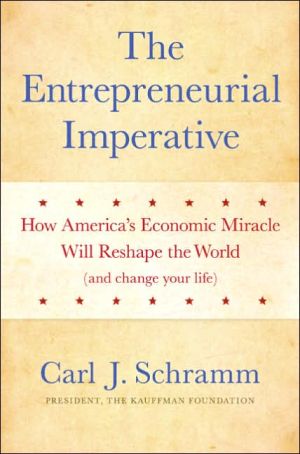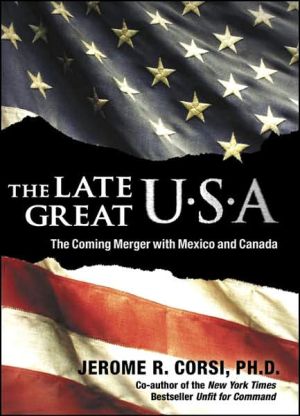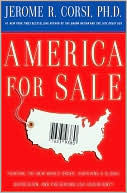Yankee Don't Go Home!: Mexican Nationalism, American Business Culture, and the Shaping of Modern Mexico, 1920-1950
In the aftermath of the 1910 Mexican Revolution, Mexican and U.S. political leaders, business executives, and ordinary citizens shaped modern Mexico by making industrial capitalism the key to upward mobility into the middle class, material prosperity, and a new form of democracy-consumer democracy. Julio Moreno describes how Mexico's industrial capitalism between 1920 and 1950 shaped the country's national identity, contributed to Mexico's emergence as a modern nation-state, and transformed...
Search in google:
In the aftermath of the 1910 Mexican Revolution, Mexican and U.S. political leaders, business executives, and ordinary citizens shaped modern Mexico by making industrial capitalism the key to upward mobility into the middle class, material prosperity, and a new form of democracy-consumer democracy. Julio Moreno describes how Mexico's industrial capitalism between 1920 and 1950 shaped the country's national identity, contributed to Mexico's emergence as a modern nation-state, and transformed U.S.-Mexican relations. According to Moreno, government programs and incentives were central to legitimizing the postrevolutionary government as well as encouraging commercial growth. Moreover, Mexican nationalism and revolutionary rhetoric gave Mexicans the leverage to set the terms for U.S. businesses and diplomats anxious to court Mexico in the midst of the dual crises of the Great Depression and World War II. Diplomats like Nelson Rockefeller and corporations like Sears Roebuck achieved success by embracing Mexican culture in their marketing and diplomatic pitches, while those who disregarded Mexican traditions were slow to earn profits. Moreno also reveals how the rapid growth of industrial capitalism, urban economic displacement, and unease caused by World War II and its aftermath unleashed feelings of spiritual and moral decay among Mexicans that led to an antimodernist backlash by the end of the 1940s.
AcknowledgmentsAbbreviationsIntroduction11Liberalism, the State, and Modern Industrial Capitalism in Postrevolutionary Mexico162Spreading the American Dream: Information, Technology, and World War II453Prophets of Capitalism: The Growth of Advertising as a Profession and the Making of Modern Mexico824Advertising National Identity and Globalization in the Reconstruction of Modern Mexico1125J. Walter Thompson and the Negotiation of Mexican and American Values1526In Search of Markets, Diplomacy, and Consumers: Sears as a Commercial Diplomat in Mexico1727Industrial Capitalism, Antimodernism, and Consumer Culture in 1940s Mexico207Conclusion229Notes235Bibliography283Index309
\ From the Publisher"An interesting analysis of Mexico's material progress. . . . [The] research is very good and [the] analysis . . . offers important insights. . . . The selective use of rural memories for an urbanizing country is path breaking."\ — The Americas\ "New and refreshing. . . . An excellent example of how a cultural perspective can provide rich insights into business history. . . . Will inspire new research."\ — Business History Review\ \ \








